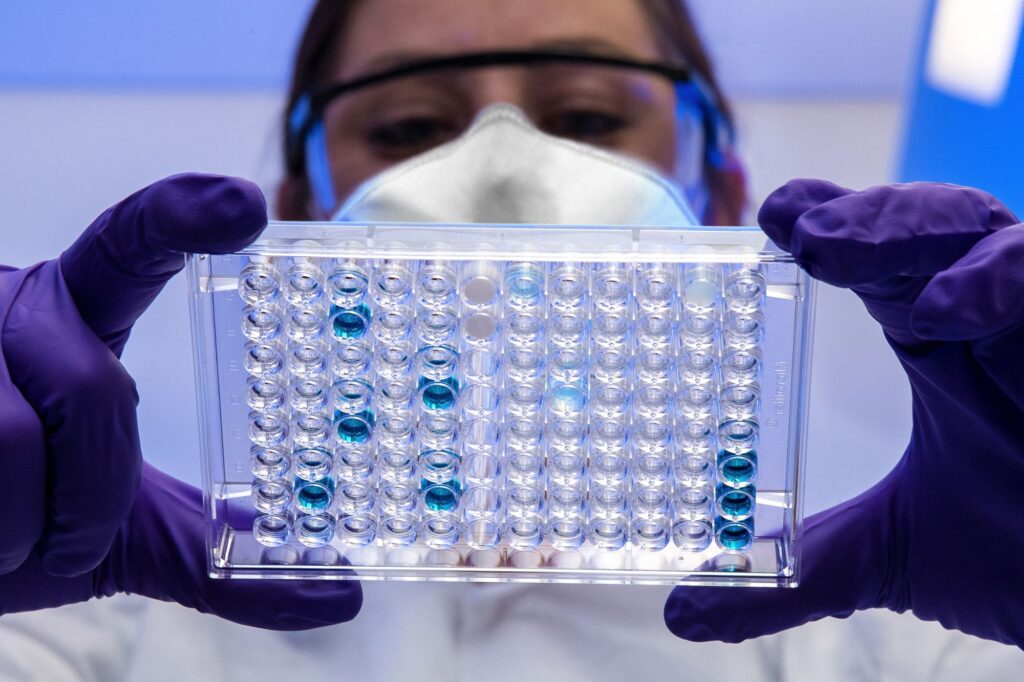Driving Discovery Forward
We support high-impact research aimed at identifying and aggressively pursuing molecular, RNA, and genetic-based strategies for treating and curing GRIN2B Disorder.

Research pillars
We have adopted a comprehensive research strategy focused on exploring multiple avenues.
Drug repurposing
Investigating novel applications for approved medications to accelerate their rapid translation from research to clinical care.
Disease and animal modeling
We utilize advanced technologies, including human-derived organoids (mini-brains in a dish) and animal models, to better understand the disease and to test both pharmacological and genetic therapies
Gene therapy
Correcting or compensating for the underlying genetic mutation in the GRIN2B gene. This can involve delivering a functional copy of the gene, modulating its expression, or repairing the mutation at the DNA or RNA level, with the goal of restoring normal NMDA receptor function and alleviating the neurological symptoms associated with the disorder.
The research we fund includes:
Advanced 2D and 3D brain organoid models that allow for the precise testing of drug and gene therapies
Gene-editing using CRISPR technology
Use of advanced techniques such as electrophysiology, 2-photon and digital holography imaging, and high-throughput screening methods to study the physiology and pathophysiology of NMDARs (N-methyl-D-aspartate receptors) and investigate synaptic plasticity
Cutting-edge gene therapy systems using lipid nanoparticles to deliver the GRIN2B gene and/or RNA directly to affected neurons
Identification of two extraordinary GRIN2B mutations, leading to an unprecedented reduction in glutamate affinity of the receptors
RNA sequence analysis to identify the individual proteins and molecular pathways affected by GRIN2B pathogenic variants
Exploration of curative strategies including NMDA functionality, protein enhancement, RNA-based therapeutics, and gene replacement
RECENT PUBLICATIONS
Browse the scientific publications produced by our research network to learn how we’re advancing discoveries toward treatments and a cure

